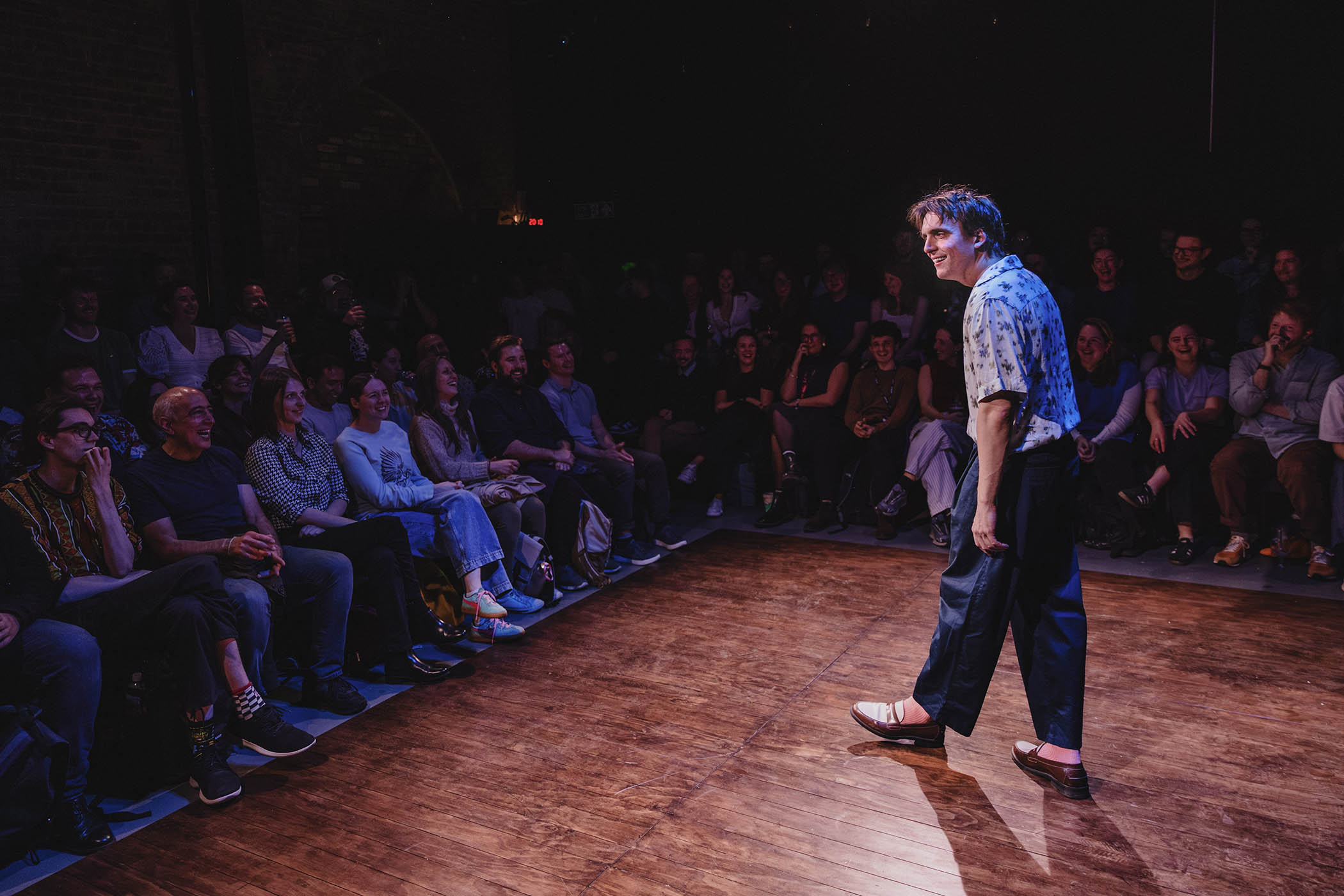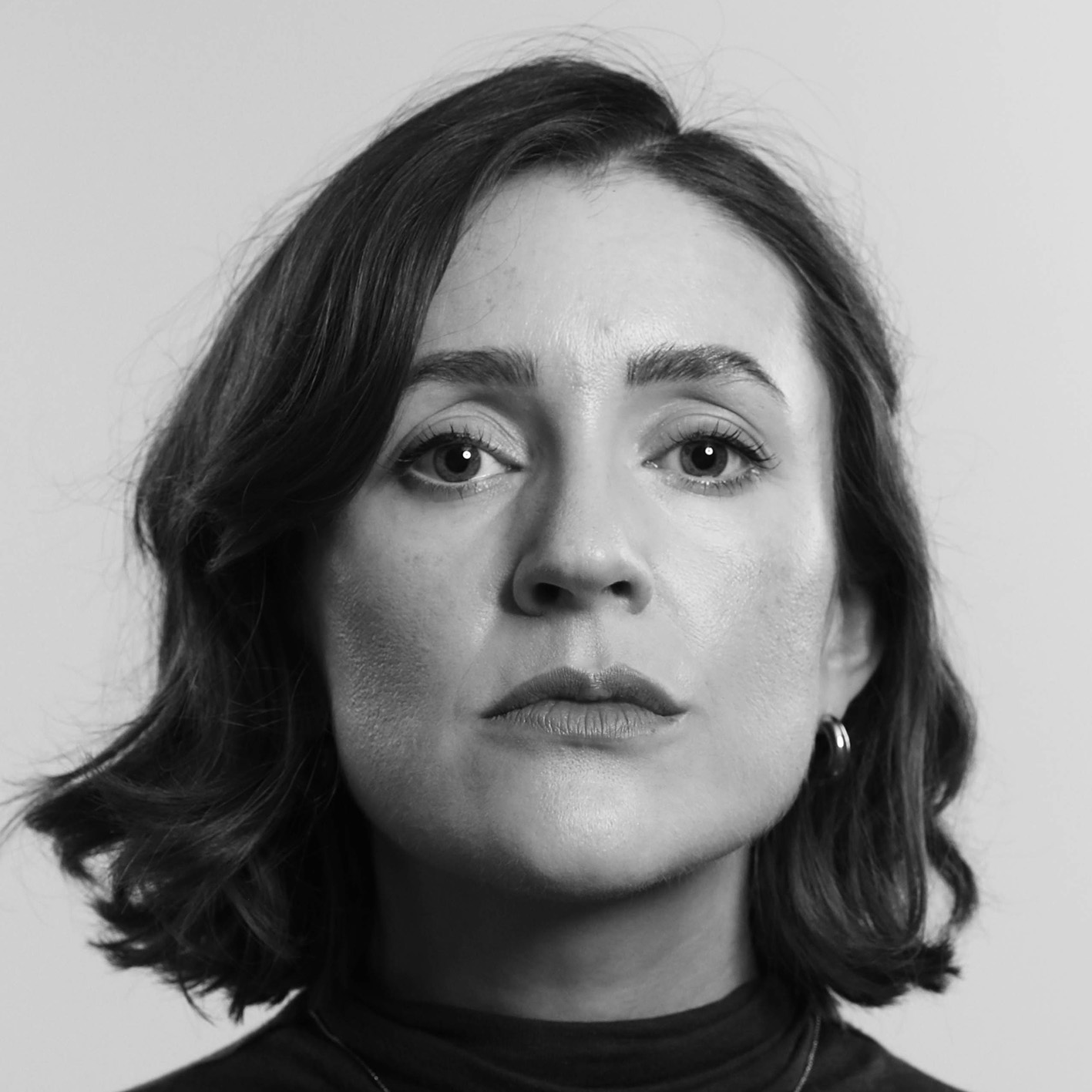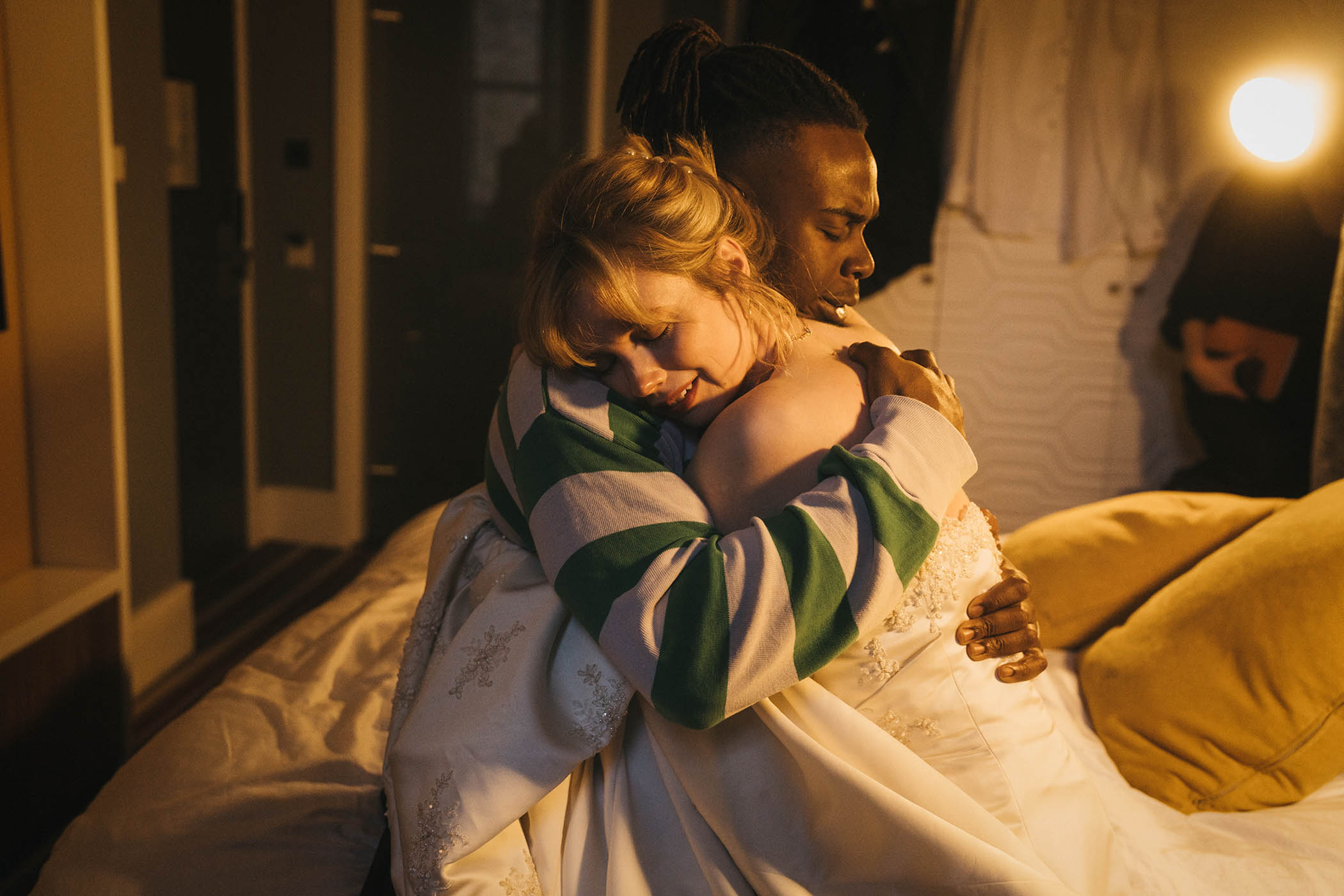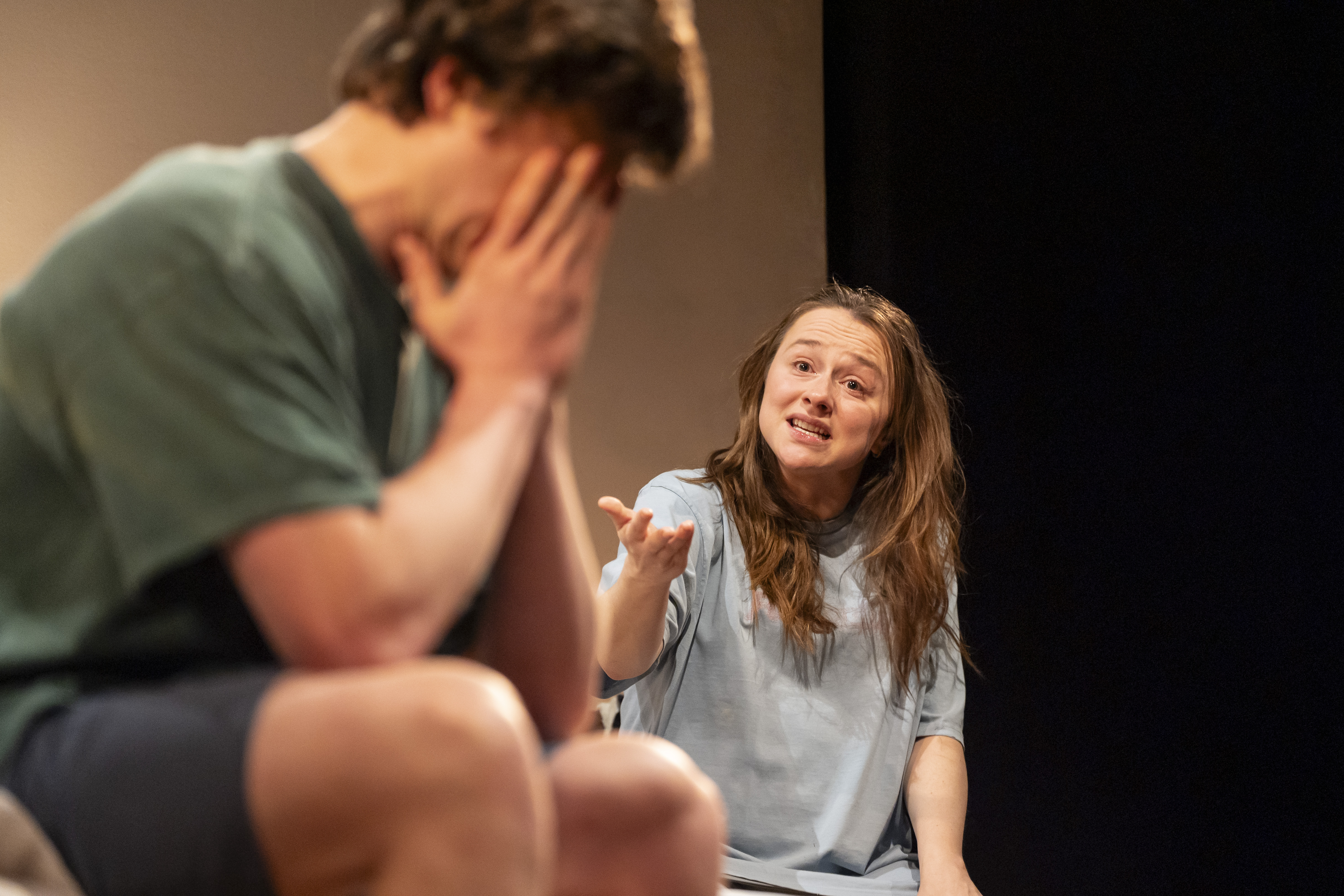Graham Dickson “vividly” remembers his first taste of improvised comedy. He was 20 and studying acting in New York, when an older performer – whose comic ease he coveted – suggested he enroll with improv institution Upright Citizens Brigade (UCB), whose alumni includes Amy Poehler, Donald Glover and Ayo Edebiri, and give it a go.
“I was hooked immediately,” Dickson says. “I’d always suffered with nerves and I had a stutter. I realised improv was allowing me to bypass those nerves and I was never stuttering on stage.”
At its core, improv is the art of making things up on the spot: taking prompts from other performers, or the audience, and spinning them into characters, scenes and stories.
Back in London, Dickson wanted to recreate the community and creativity he had felt at UCB and co-founded the Free Association (FA), an improv company that put on shows, plus classes for the improv-curious.
Last week, after operating above a pub for a decade, the FA opened its own London theatre, fuelled by ballooning demand for its shows and classes. It is part of a boom for the artform and a sign that improv is finally “in”, say performers.
For decades, British comedians believed “it wasn’t proper comedy,” says long-time improviser Paul Merton. “For a long time I was the only standup comedian doing improv in this country… whereas in America, every major comedian had dabbled with improv.”
The form has launched the careers of A-listers including Amy Poehler, Will Ferrell, Donald Glover and Kristen Wiig, with improv shows seen as fertile talent-spotting ground for Saturday Night Live producers and other industry gatekeepers. Now the UK is starting to take it seriously, too.
“It used to be seen as uncool – now we’re the fun nerds,” says Suki Webster, who’s currently touring an improv show with Merton. The pair have no shortage of potential guests for their show, even attracting traditional actors, including David Tennant, who joined them on stage at The Comedy Store.
‘It used to be seen as uncool – now we’re the fun nerds’
‘It used to be seen as uncool – now we’re the fun nerds’
Suki Webster, comedian
This rising popularity has been fuelled, in part, by the mainstream success of UK performers. The FA counts Ambika Mod, star of Netflix’s hit drama One Day, among its alumni, and despite her newfound global fame, she regularly returns to the improv stage.
“I love to see [it] getting more recognition and attention from audiences in the UK,” she says. “It’s a real discipline that deserves the same respect as standup.”
Newsletters
Choose the newsletters you want to receive
View more
For information about how The Observer protects your data, read our Privacy Policy
Kiell Smith-Bynoe, star of the BBC’s Bafta-winning sitcom Ghosts, has sold out 1,000-seater venues with his improv show Kool Story Bro, which sees him spin audience anecdotes into comedy scenes with the help of celebrity guests. “Improv is rightly back on the rise,” he says.
The FA has grown from putting on one show a month in 2014 to 10 per week today. At London’s Hoopla Impro, founded by Steve Roe in 2006, appetite for classes has more than doubled since 2022, with an expected 4,000 bookings by the end of the year. Bristol Improv Theatre has grown from 25 students in 2013 to more than 1,300 this year. “It feels like it’s a boom time,” says chief executive Tom Mansfield.
Webster points out that many of the Edinburgh Fringe’s biggest shows in recent years were improv too, including period pastiche Austentatious (which stars Dickson alongside Rachel Parris) and improvised musical Showstopper! which held early performances at Hoopla and later bagged an Olivier award.
For audiences, “It’s a chance to see something new and exciting that’s different every night,” says Roe. Mansfield agrees: “It’s as live an experience as you can get, and it only exists because of the combination of the performers on stage and the audience who are there.”
In their show, Webster and Merton ask the audience to contribute sound effects and lines of dialogue. “They’re justified in saying: I played as much a part in making that laugh as people on stage,” Merton says.
But it’s not just about growing audience numbers. As the cross-country increase in class bookings demonstrates, it’s an increasingly popular hobby – particularly post-pandemic. “Lots of people’s jobs are working from home, online, on a laptop. In the evening, people want to be doing real, human things,” says Hoopla founder Roe. To take part, you have to be in the moment, listening and responding to those around you – a refreshing change from distracted doomscrolling.
The supportive “yes, and” dynamic quickly builds community, says Dickson: “People are learning to be funny but, even more importantly, are finding friends.” Those who sign up for classes often continue meeting to play improv games together when their course is over, or immediately sign up for another class.
Merton describes it as “a more inclusive artform” for both audiences and performers. It’s about “being kind, listening and being cooperative, and we're in a world that needs that,” Webster adds. “I hope that's what people are gravitating towards.”
Photograph by John Stead
Related articles:



